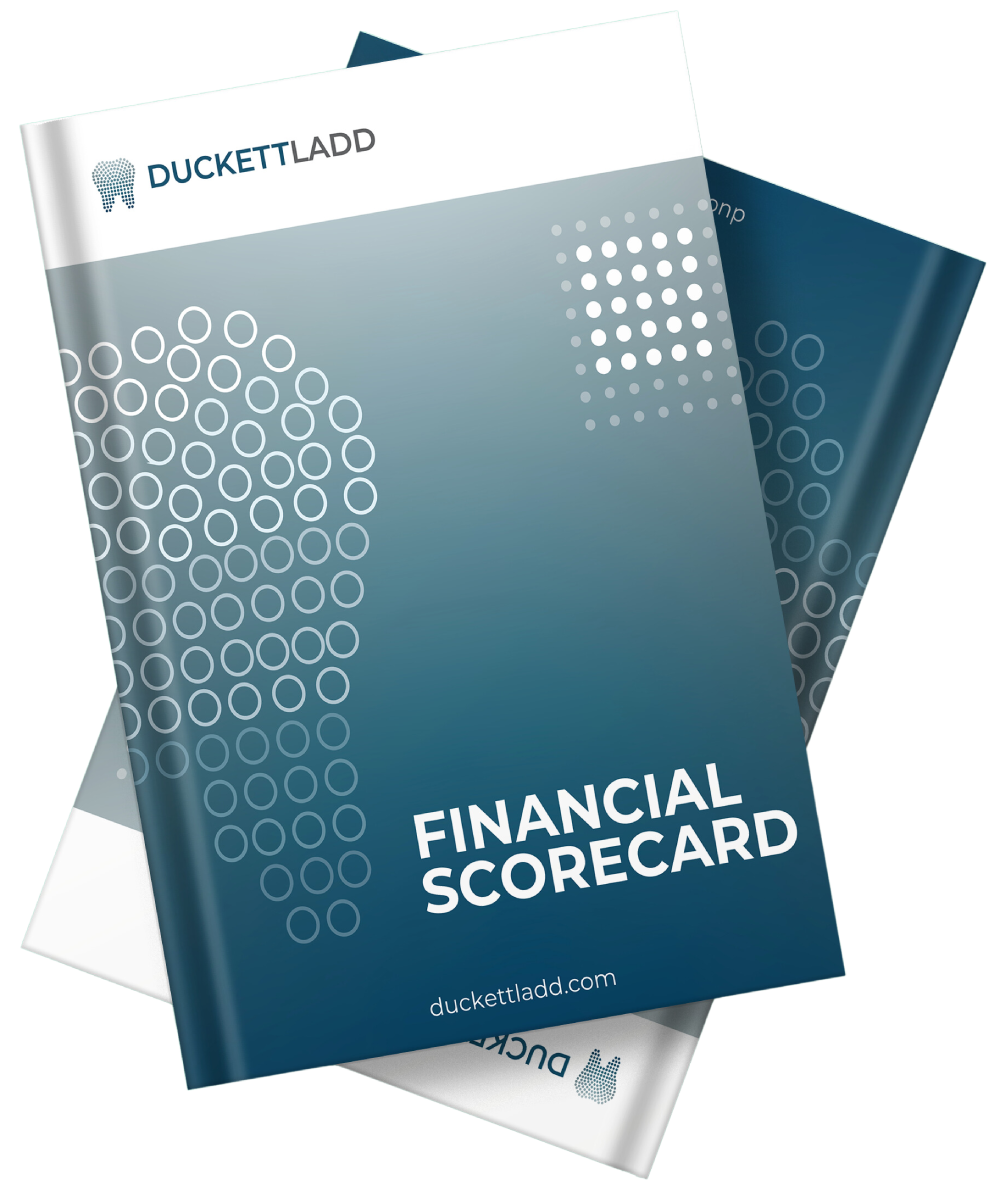Running a dental practice combines the responsibilities of patient care with challenging business responsibilities like financial management, marketing, and human resources.
To help distribute their administrative and strategic workloads more effectively, many dental practice owners make the smart choice to work with dental consultants.
The right consultant can help your practice grow and prosper while making your life easier as a business owner. But how do you choose which firm to work with?
There are independent consultants and there are small, medium-sized, and large consulting groups. Some may specialize in your area of need, while others specialize in your industry.
Today, we’ll briefly cover the process of finding, evaluating, and contracting with a consultant. By following these tips, you can find the right partner that will help you achieve your goals and take your dental practice’s success to the next level.
1: Determine Your Practice’s Needs
Do you need help with financial management? Marketing? Operations?
Many consultants offer specific specialties to assist your practice, such as finance or strategic planning. Others offer more of an all-purpose management assistance approach.
To get started on your consultant search, assess your practice’s strengths and weaknesses, along with your personal strengths and weaknesses as a leader and a business owner. This will help you determine which areas need the most attention, and which sort of consultant you may want to work with.
2: Research Potential Consultants
You can find consultants through online directories, industry events and publications, and professional organizations.
To get a feel for how a consultant operates, read reviews and testimonials from past clients. This will help you gauge the quality of service that a consultant provides.
Most consultants present a few testimonials in prominent positions on their websites. By seeing which aspects of their business they choose to highlight, you can learn about the dental consulting companies values.
For example, if a consulting firm shows off testimonials that are all about financial results, you’ll know that they’re bottom-line focused. Other firms may be more proud of interpersonal strengths such as teamwork and communication.
3: Consider the Consultant’s Expertise
As you evaluate a consulting firm, gain an understanding of what it is they do best. Do they specialize in the area where you need the most help? Do they work with all sorts of companies, or are they healthcare-exclusive?
When you reach out to a consultant, ask them to share success stories, case studies, and other evidence that they have a proven track record of helping dental practice owners like you.
4: Evaluate the Consultant’s Communication Style
Professional relationships work best when there’s mutual respect and, ideally, interpersonal chemistry.
As you evaluate a consultant, consider their methods of communication and their tone. Do they communicate clearly, effectively, and in a manner that resonates with you?
Do they use communication systems that are convenient for you? How fast are their response times?
Most importantly, you want to work with professionals whose communication feels authentic and relatable. Trust is essential for building a productive relationship, and it’s the consultant’s responsibility to demonstrate trustworthiness and credibility.
If you don’t think that a consultant’s personality is a good match for your practice, don’t try to force the connection. They may have a great bond with other business owners, but for one reason or another, they aren’t the right fit for your practice.
5: Determine the Cost vs Return
Most consultants charge an hourly rate along with fees. Or, they may employ a value-based pricing scheme that relates to your business’s financial performance.
Depending on the rates and the potential value that a consultant can provide, working with them may or may not be worth the return on investment.
Choose a consultant that fits your budget, but don’t be afraid to take a chance on investing in a great firm that can offer significant value to your practice.
6: Request a Proposal
Consultants are used to drafting detailed proposals that outline their services and prices. They’re also used to rejection, so there’s no pressure or obligation on your end when you request a proposal.
Once you’ve found a consultant that you might want to work with, request a proposal. Then, review the document with your attorney before deciding whether or not to work with the consultant.
Get Dental Practice Consulting from the Top Team of Dental CPAs
Duckett Ladd is a team of CPAs and advisors working exclusively in the dental profession. From year one to retirement, we offer expert dental practice consulting and financial services to dentists in all career phases. Our services include:
- Dental practice growth planning
- Mergers and acquisitions
- Accounting business services
To learn more, contact Duckett Ladd today.









